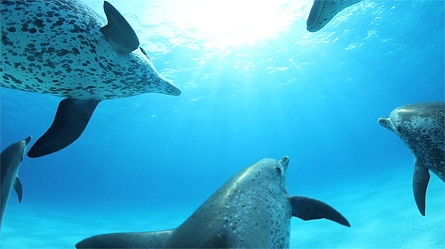Loose thoughts by Bjorn Landfeldt
Thanks to some new features in OS 3.0 I finally managed to get my iPhone to synchronise both with my work email and Google calendars.
The problem with the iPhone is that it can only have one exchange account active at the time. Since my employer (the University of Sydney) mandates the use of Microsoft Exchange, I am forced to synchronise my emails using this server and that has left me without any means of synchronising with Google calendar. Google mail has been easy for a while using an IMAP account.
The new trick that works well is to use CalDAV to Google, and even though there are some rumours that this only allows one way synchronisation, I can create new events on the iPhone and they show up on the Google web interface so all is good.
Here is what I had to do.
1)
I created an exchange account to the University and set up mail and contacts but I deactivated the calendar option for this account since I don't use the corporate calendar. If you leave it turned on, the entries will be merged in iPhone. You will also have to set the default calendar in settings>mail, contacts, calendar down the bottom, settings for calendars.
2)
I created an IMAP account on the iPhone:
settings> mail,contacts,calendars> add account
select Gmail account type
enter username@gmail.com as address and fill in password
set outgoing server to smtp.gmail.com
3)
Create a new account for the calendar
settings> mail,contacts,calendars> add account
account type other
select CalDAV
Server name www.google.com
user name your.name@google.com (your gmail account name)
password (your password)
Now, the email client should have two accounts, one for the exchange mail and one for the Google mail. The calendar application should have your Google calendar contents and you should be able to create and read events on the iPhone as well as the web.














